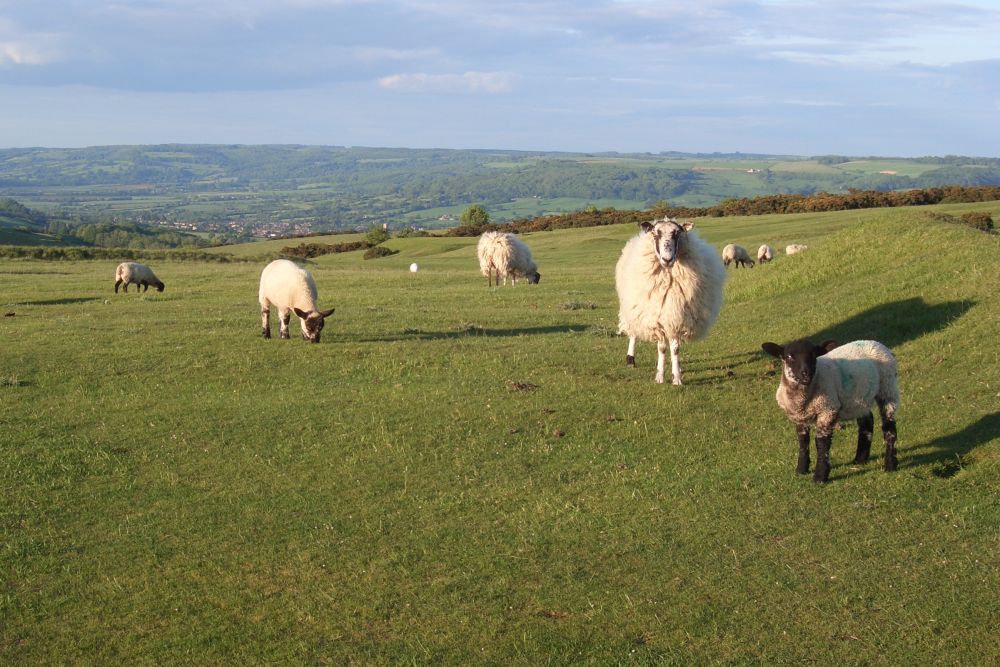
The Pope’s encyclical of 18 June has been widely praised by environmental groups, as well as UN Secretary-General Ban Ki-moon. The encyclical calls for action on climate change and for the rich to change their lifestyles to avert the destruction of the ecosystem. It implores not just Roman Catholics, but every person living on our planet to protect the Earth - our common home.
The Pope’s encyclical comes ahead of the UN Climate Conference, set to take place in Paris in December 2015, where a new global climate change agreement will be adopted for implementation in 2020.
The Countryside and Community Research Institute (CCRI), based at the University of Gloucestershire, has long been involved in research to improve understanding of the causes of climate change, and exploration of adaptive strategies for dealing with the potential impacts. A key issue is the nature of global climatic patterns which exhibit characteristics of commons resources, that is, we all benefit from stability in climatic patterns and no one person or group has the ability to prevent others from experiencing the positive or negative impacts of change. These same characteristics also make management of global commons issues, such as climate change, extremely difficult, as no single person or group as the power to bring about improvements – in this case it requires action from all of us, as Pope Francis is pointing out.
Understanding commons resources – those aspects of the planet we share in common – such as the atmosphere and a stable climate – is vital to sustainable development and to continuation of our current way of life. As well as research, education and improved understanding is central to solving the problem of managing global commons, and in February this year the CCRI launched a new series of online short courses aimed at raising awareness about common resources management. The first course, ‘Managing our Common Resources’, first ran in March and due to popular demand is set to run again in September this year, as well as new course ‘Defending the Commons – Strategies for Action’.
Both courses are eight weeks long and run from 28 September to 20 November 2015 at a cost of £100 per course. The course delivery is entirely online with weekly tutor support using a variety of materials, such as papers, video and audio pods, and discussion forums.
Dr John Powell is an expert in common resources management and the new President-elect of the IASC. He is also the principal course tutor at the University of Gloucestershire. He said:
“Managing global commons is an enormous challenge that will require new management approaches capable of dealing with both private economic ambitions and national interests. Even with the support of the Pope, we will need a widespread change in the understanding of the nature of commons resources and must engage in new ways of thinking about how we utilise the earth’s resources and conceptualise economic growth.”
The commons course series is sponsored by the International Association for the Study of Commons (IASC), an organization established in 1989 to improve understanding of institutions for the management of resources that are (or could be) held or used collectively as a commons by communities in both developing and developed countries.
The courses will be delivered by the Countryside and Community Research Institute at the University of Gloucestershire and the Universidad Nacional Autónoma de México (UNAM), in both English and Spanish to help reach a global audience.
